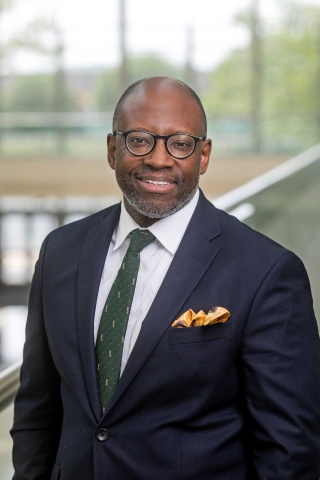Regardless of one's view of the war in Iraq, we all can agree on the desirability of a dignity-oriented freedom for individuals and families in the Arab world. Economic, political, and religious liberty, however, do not come in a valueless vacuum. Freedom rings when society is ordered so that all people, rich and poor alike, are free to pursue economic and moral goods. The same ordering that led to freedom in the Western world are the same ancient, time-tested truths that will bring liberty to all people everywhere in the world.
The Fraser Institute's recent report, titled “Freedom In the Arab World,” reminds us that economic freedom will inhabit the Arab world when individuals are free to acquire property without the use of force, fraud, or theft and can freely use their property to do goods things. Additionally, sustained economic freedom in the Arab world will exist when individuals are free to use, exchange, or develop their property in ways that benefit them without violating the identical rights of others.
As history demonstrates, individuals or families having freedom to determine their own economic destiny liberates them from government dependence and long-term dependence on charity. This reminder is especially apt in developing economies all over the world. Positive changes in national economic growth rates rise only as both rich and poor alike are provided equal structures for pursuing goods.
As the Fraser Institute's study points out, we have seen much economic growth in many Arab states in recent years but more work is needed. For example, Lebanon, United Arab Emirates, and Yemen continue to lead the Arab world with low government expenditures, low taxes, and increased economic freedom for individuals, households, and businesses. Keeping the size of government small is a key mechanism in empowering those at the bottom. Tunisia and Morocco lead the Arab world in allowing people to freely exchange the fruits of their labor securely through the guarantees of property rights and rule of law.
Because of the oil industry, most Arab nations already possess stable currencies. Arab states have among the best records in the world in controlling inflation, though there is much room for improvement in Algeria, Libya, Morocco, and Syria. Oil states also have typically enjoyed freedom to trade internationally as have both Lebanon and Jordan. However, reliance on oil revenue predictably has limited trade integration for the Arab states in other sectors, and there is much to be done to increase the prosperity of all citizens by promoting international trade of non-oil related products
Governmental regulatory restraints and red tape will destroy new businesses and retard job creation unless the ever-increasing regulatory burdens are thwarted. The Gulf states have successfully managed to stave off much governmental regulatory interference, unlike western Europe and the United States. Other Arab states, though, including Egypt, Syria, Algeria, and Mauritania, remain some of the most interfered-with economies in the Arab world and it shows.
Many have forgotten that the Bush administration has spent considerable time consulting many Arab states with a view to increasing economic freedom for all rich and poor, men and women. The Middle East Partnership Initiative (MEPI) was established by then-Secretary of State Colin Powell in 2002, to create grassroots educational opportunities, to promote economic liberty and private sector development, and to strengthen civil society and the rule of law throughout the region. The initiative provides a framework and funding for the United States to expand the four pillars of MEPI: economics, politics, education, and women's empowerment.
An ordered liberty grounded in the transcendent equality of the human person is an ideal as ancient as the era of Moses and the Torah. Protection for property, exploration of vocation, offering charity and surplus to those in need, fair and just treatment to immigrants and employees, the free exchange of goods without the fear of fraud, enforceable contracts, and so on are not “Western” ideas. They are, in fact, Eastern principles that originated from the very region in need of an ongoing recovery of the way human freedom was articulated thousands of years ago.











